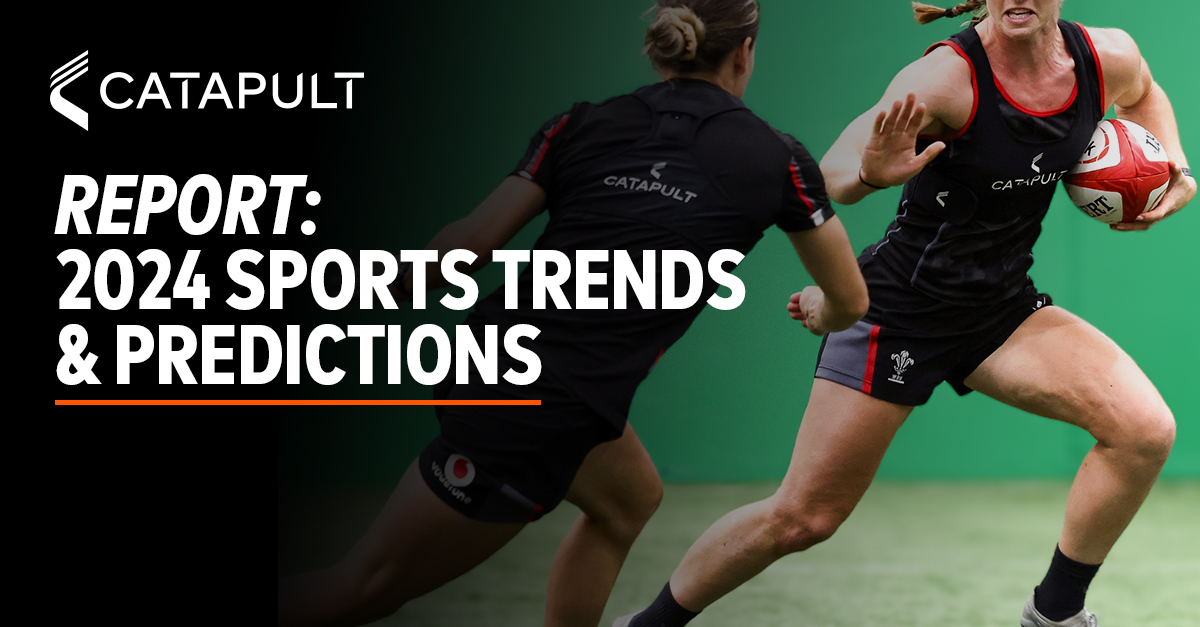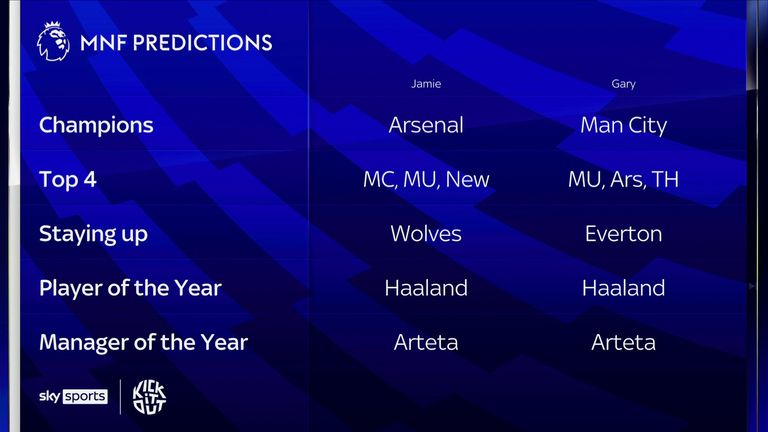Here’s a rundown of why and how head-to- head records can be important. Here’s a breakdown of why and how head-to-head records can be important:Psychological Edge:
Confidence and Morale Team members or players who have a strong head-to-head track record could be more confident, whereas their opponents may feel less secure.
The Fear factor: A winning head-to-head record can be an emotional hurdle for the team losing.
Tactical Insights
Strategies for planning: Coaches or players can look back at past games and analyze what worked well, or not so well. This could provide insight into the strategies that are effective.
Matchup issues: Certain styles of play or individual matchups could favor one team over another that could be crucial when planning.
Performance Patterns
Consistent Results: Consistent outcomes across multiple games could suggest the underlying advantage one player or team may have over another.
Records that are specifically based on conditions: Head-to head records can highlight differences between performance in specific conditions such as home or away games, locations, or surfaces.
Relevance statistical:
Size of the Sample: The greater the number of encounters there are more, the higher the probability of head-to-head games as a tool for prediction. It is possible that a few of matches will not provide the statistically significant data needed to predict.
Recent Performance in comparison to. Historical Dominance. The importance of head to head records must be evaluated against current performance. A team that has been historically dominant could be out-of-form, which can make it less important to consider previous results.
Injuries and Changes:
Team changes due to injuries, transfers, or retirements within the team, head-tohead stats could be affected.
Coaching changes: A new coaching shift could result in a shift in the balance between past results and the current methods.
External Factors:
Location and conditions: The location at which the matches were played can have an impact on head-tohead records. Some teams, or players, perform better on specific sites or in certain conditions.
Significance of the Match The significance of a match can influence performance, and this might not be reflected by general head-tohead statistics.
In conclusion, while head-to-head records provide valuable information and should be taken into consideration in determining the outcomes of sports events but they shouldn’t be the sole source of predictions. To improve the accuracy of your predictions you must perform a thorough analysis that includes the current state of play and player availability as well. Have a look at the most popular tennis betting tips at matchstat.com for website advice.

What Is The Significance Of Statistical Analysis To The Prediction Of Results From A Particular Sport?
In predicting the outcome of sporting events, statistical analysis is crucial. It provides a data-driven method of understanding the performance of players and teams as well as trends and possible outcomes. Here’s a comprehensive look at the significance of statistical analysis: Objective insights:
Data-driven decision making: Statistical analysis provides clear and objective information on the performance of a business. This helps in making informed forecasts based on the hard data rather than instinct or bias.
Performance Metrics: Key performance indicators like player statistics and team statistics are crucial for accurate evaluation.
Identification of Trends and patterns:
The analysis of historical data permits the identification of patterns, such as winning streaks and performances in particular situations.
Momentum and Form: Statistics on recent performance trends such as form in the past few games can indicate current momentum, or slumps. This is essential in making predictions.
Comparative analysis:
Head-to-head records: analyzing previous performances of teams or players in order to identify patterns and predict future outcomes can be done using the previous performance.
Home vs.Away A comprehensive analysis of the home and away records will aid you in making better predictions.
Advanced Metrics:
Predictive Models: The most advanced methods of statistical analysis, like regression analysis and machine learning algorithms as well as predictive modeling, can predict outcomes with greater accuracy. These models are able to account for many variables at once.
Expected Goals (xG) In sports such as soccer, metrics like expected goals (xG) provide insight into the scoring opportunities, allowing for a greater understanding of the team’s offensive and defensive abilities beyond just goals scored.
Players and Teams Analysis
Individual Performance – Comprehensive data on the performance of players help to assess their current fitness, form and potential impact in the game. The analysis also covers the key players, who can greatly influence the outcome.
Team Dynamics Team statistics like defensive strength, attacking effectiveness and passing networks offer an accurate overview of the team’s performance.
Situational Statistics:
Clutch performance: Statistics on how teams or players perform under pressure situations can be used to predict the future performance of players or teams.
Weather and Conditions. The analysis of statistics may include the impact of external factors, such as altitude, weather or playing surfaces, on performance.
Market Analysis
Betting Odds: Statistical analysis usually aligns with betting markets, that incorporate a huge quantity of data and expert analysis. Monitoring changes in odds can give insight into the likelihood of certain outcomes.
Value Bets – Finding discrepancies with betting odds and statistical predictions can help you determine the best value bets. This happens when the probability of an outcome is higher than what the odds suggest.
Injury and Suspension Effect:
Statistics on the performance of the team with or without certain players will show whether injuries or suspensions could impact the game. This can include analyzing the size of squads and substitute effectiveness.
Real-Time Data:
In-game analysis: Live stats data can give you real-time insight into the pace of the game. This allows dynamic predictions to be made, and the pre-game prediction adjusted.
As a conclusion, statistics analyses are crucial to predict outcomes in sports because they provide an organized and objective method of understanding and predicting outcomes. By integrating historical data and performance metrics, as well as advanced methods of modeling in the statistical analysis process, it enhances the reliability and accuracy in prediction of sports results. This makes it an essential instrument for sports analysts, fans and bettors. Check out the top tennis free predictions for website tips.
How Important Are Market Odds And Movements When Trying To Predict The Outcome Of Sports?
They can be useful in predicting the outcome of sporting events, however their accuracy is contingent on a myriad of variables. Here’s why:Aggregate wisdom:
Betting Markets Are Often Considered Effective: Betting markets are considered to be efficient since they combine the collective knowledge and experience of many betting players. In this way, odds represent a consensus of opinion on the outcomes.
Information Incorporation: Market odds include information in a short time, such as news about teams, injuries, or weather conditions. They can be a useful information source that is updated in real-time.
Indicates Confidence
Probability Assessment Odds reflect of the probability that is assigned by betting markets for each outcome. Lower odds indicate higher probability and greater confidence on the outcome.
Market Sentiment. The changes in odds that occur suddenly or gradual can be a sign of a change in sentiment about markets. They could be a reflection of recent information or changes in opinions.
Risk Assessment:
Bookmakers adjust odds in order to ensure they are in a balanced position and reduce the risk. Knowing how bookmakers view the game can help reveal their perceptions regarding the likelihood of winning a game and its associated risk.
Arbitrage: If odds are different among bookmakers, arbitrage is possible. Bettors gain from betting on multiple outcomes.
Influence on Public Perception:
Public Perception: Market-based odds could influence the public’s perception of a match and its media coverage as well as player and team morale.
Self-fulfilling Prophecy : Increased betting activity on high-profile matches with heavily preferred teams could cause further shifts of the odds.
Correlation statistic:
Accuracy indicator: Market odds are typically correlated with real probabilities, especially in markets that are well-regulated and liquid.
Comparing market odds with statistical predictions is a great method of testing the accuracy of models.
Market Bias:
Overreactions: Markets are prone to overreact to specific circumstances, such as injuries to key players or recent team form, leading to overinflated odds fluctuations.
Underestimation: Bookmakers can sometimes underestimate the chances for teams that are underdogs in games with a lot of attention, resulting in value bets.
External Influences
Manipulation Risks: The betting markets may be influenced by factors unrelated to the game itself, including rumors, speculation, or even attempts to fix the match. Understanding these factors is vital in interpreting odds movements.
Changes in regulation The change in gambling regulations and/or market dynamics can affect odds movements as well as the efficiency of markets.
Contextual Analysis:
Complementary tool when making predictions, market odds should be considered in conjunction with other factors, such as the team’s performance and injuries to players.
Integration with Models: Market odds can be integrated into predictive models, either directly as input variables, or as a reference point for evaluating model performance.
Market odds and movement are essential in predicting sporting outcomes, as they reflect the general sentiments and wisdom of the betting community. Market dynamics don’t guarantee success, but they can be useful to identify the results of sports. 